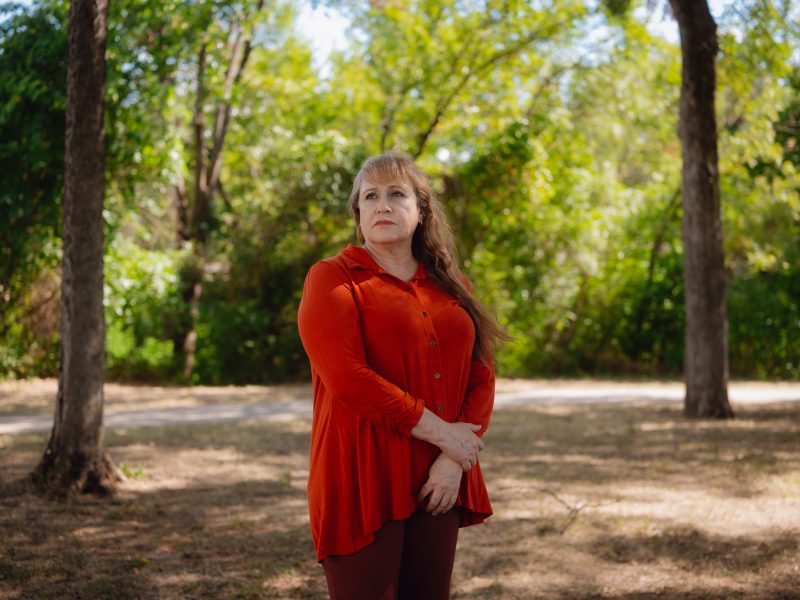
Paxton’s Election Fraud Charges: Sowing Chaos but Yields Minimal Convictions!
Although Paxton’s election fraud charges have dominated the headlines, wreaking havoc on both the political landscape and the lives of many individuals, they have resulted in a surprisingly small number of convictions. This article investigates the underlying reasons for this disparity and examines the repercussions of these charges beyond the courtroom.
To begin with, it is imperative to provide some context regarding the numerous election fraud charges leveled by Attorney General Ken Paxton. Known for his active pursuit of voting irregularities, Paxton’s crusade revolved around allegations of fraud in mail-in ballots, voter registration, and other areas within the election system.
However, despite the magnitude of these purportedly fraudulent activities, the number of convictions emerging from Paxton’s charges has proven to be remarkably low. This rather disillusioning outcome is primarily due to the intricate nature of election law, which can be tremendously difficult to navigate, and the high standard of proof required in such cases. It’s not enough to just suggest an ill practice; concrete evidence is needed to secure a conviction.
In many instances, those accused of election fraud were found guilty of procedural errors rather than intentional deceit. Mistakes in the application process for mail-in ballots, confusion about voter eligibility, or misunderstandings concerning the election process do not necessarily constitute fraud. Hence, even if these errors were honest mistakes due to a lack of proper information, they lead to charges of fraud, contributing to the low conviction rate.
Another determinant in the minimal number of convictions is the significant amount of resources invested in these cases. Charging someone with election fraud often requires a painstaking investigation, expert testimony, and extensive courtroom proceedings. It is a time-consuming and expensive process, discouraging many attorneys, investigators, and agencies from pursuing these types of cases.
While the convictions have been sparse, the impact of Paxton’s election fraud charges extend considerably further. The fact that someone could have their life turned upside down due to a simple mistake or misinterpretation of complex election laws has caused immense stress and fear among the public. These charges have created an atmosphere of anxiety and intimidation, deterring participation in the democratic process and further complicating the intricate landscape of U.S. elections.
Moreover, from a political perspective, Paxton’s charges have fueled animosity and discord. Partisan divides have been deepened, increasing skepticism and mistrust in the election process. The political fallout from these charges has raised serious concerns about the integrity of U.S. elections – not necessarily due to widespread fraud, but due to widespread fear of potential fraud charges.
While Paxton’s charges may have been leveled with the intention of ensuring election integrity, their impact has extended far beyond the courtroom and the relatively few convictions they have resulted in. Their expansive effect on individual lives, public participation in the democratic process, and the political climate as a whole paints a much broader and complex picture of their repercussions. Indeed, the perturbing question arising from this outcome is whether these charges, though warranted in some cases, have, in fact, done more harm than good in the pursuit of democracy.
